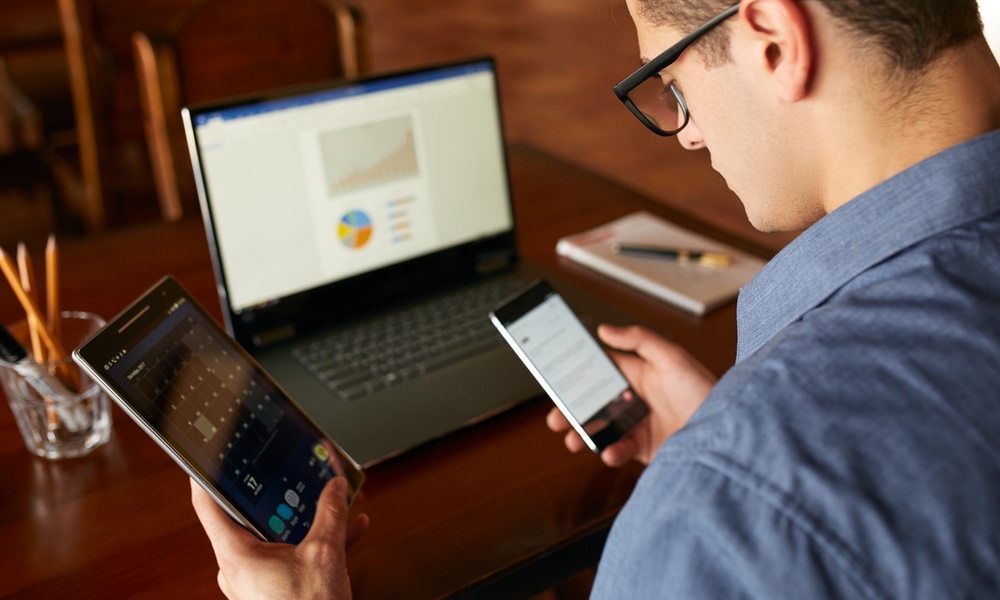Our phones put the world at our fingertips, but they can also cause major problems for some of us. A recent survey of thousands of college students finds that these problems are more common than you might think, occurring in one in every five students.
Most of the problems stem from overuse — too much of a good thing. Signs that you may have a problem include feeling anxious or impatient when not around the phone, missing work or experiencing the physical consequences of too much phone use, such as blurred vision or light-headedness.
Some people are more susceptible to becoming dependent on their phones than others. “One possible explanation for these results is that people develop excessive smartphone use because of other mental health difficulties,” said co-author, Sam Chamberlain, in a statement. “For example, people who are socially isolated, those who experience depression or anxiety, or those who have attention problems (as in ADHD) may be more prone to excessive smartphone use, as well as to using alcohol.”Alcohol misuse was found to be roughly 50 percent higher in students with problem smartphone use than in other students.
The researchers started their study by e-mailing a 156-question survey to 10,000 students. The survey included a 10-question scale on phone addiction. They received 3,425 responses that included answers to the phone questions. Of these, 687 (20.1 percent) showed problem phone use — a score of 22 or higher on the 10 phone questions.
Lower self-esteem, ADHD, depression, anxiety and PTSD were also significantly linked with problem smartphone use, mirroring similar findings elsewhere. Researchers also found a small negative effect on grades.
Over 64 percent of problem smartphone users were female.
The effect sizes were generally small, and the researchers point out that more research is needed into positive and negative effects of smartphone use and mental health, including how a person's use may change over time. But just like with video games or tasty food, some people have trouble knowing when it's time to stop.





